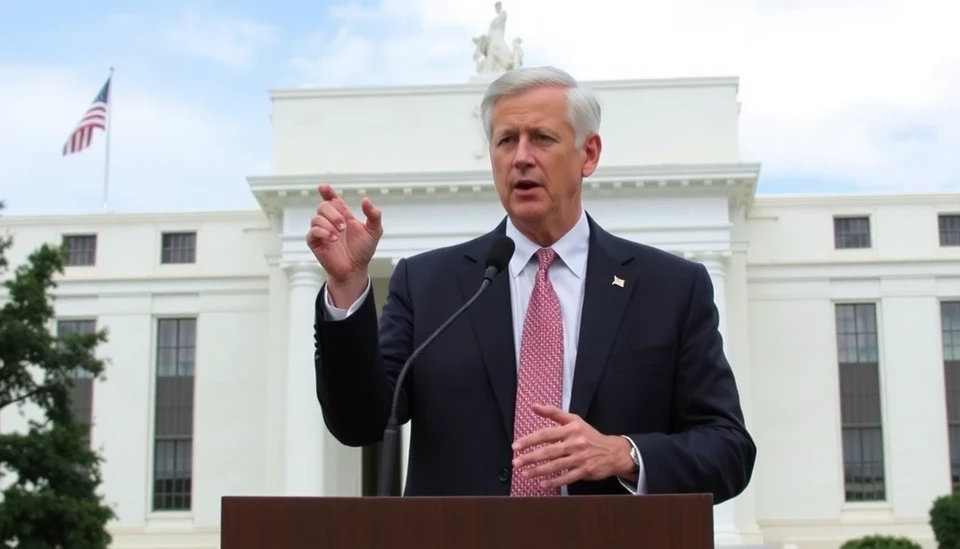
In a period marked by significant political and economic transitions, South Africa and Egypt are both reassessing their interest rate paths. This comes as a response to the freshly intensified focus on global financial stability, particularly influenced by the reverberations stemming from former U.S. President Donald Trump's political maneuvers.
The South African Reserve Bank has recently signaled its intention to remain vigilant regarding the country's economic conditions amidst ongoing inflation concerns. Governor Lesetja Kganyago indicated that any decisions on interest rates would be data-driven, suggesting that the central bank is prepared to adapt its monetary policies in light of international developments.
Similarly, Egypt is finding itself at a crossroads. After experiencing a tumultuous economic journey fraught with challenges—from currency devaluation to surging inflation—the Central Bank of Egypt is also closely monitoring the global economic climate, particularly the potential repercussions of shifts in U.S. fiscal policies. Analysts are predicting that the ongoing discussions around monetary policy in key markets could impact Egypt's decisions, potentially forcing a recalibration in their approach to interest rates.
Economists have noted that the political climate, especially in the United States, can influence areas far beyond its borders. Trump's re-emergence in the political arena brings uncertainty, which, in turn, can lead to volatile capital markets. Both African nations may find themselves needing to adjust their economic strategies more quickly than anticipated to safeguard against external shocks.
Moreover, the ripple effects of Trump's policies, especially concerning trade and international relationships, could significantly alter investment flows to emerging markets like South Africa and Egypt. For these nations, a sound monetary policy will be crucial in maintaining economic stability and fostering investor confidence at a time of global unpredictability.
As central banks in South Africa and Egypt navigate these complex terrains, their decisions will be watched closely by investors and economists alike. The interconnectivity of global economies underscores the importance of strategic interest rate management, and it remains to be seen how these two nations will adjust their paths moving forward.
In conclusion, the approach to interest rates in South Africa and Egypt will be critical not just for their domestic economies, but also in the context of a changing geopolitical landscape. The influence of U.S. politics, particularly Trump’s potential impacts, will likely play a central role in shaping their monetary policies in the months to come.
#InterestRates #SouthAfrica #Egypt #MonetaryPolicy #GlobalEconomy #TrumpEffect
Author: Laura Mitchell




